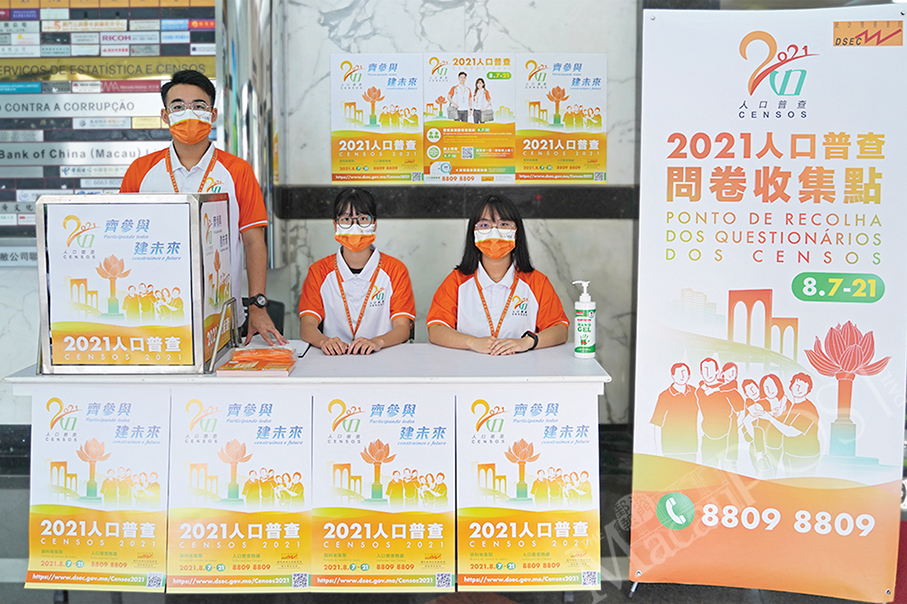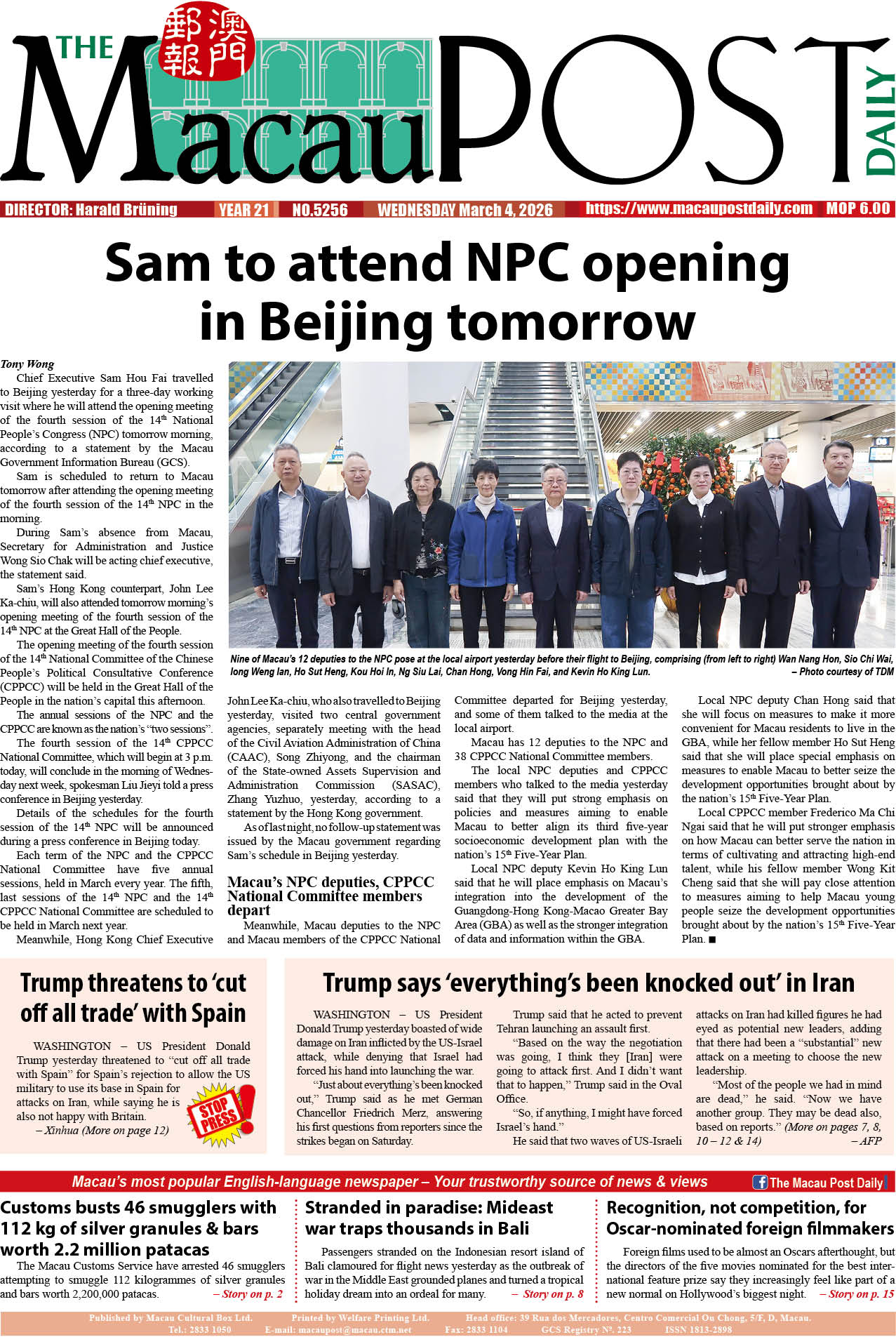Editorial
Following Tuesday night’s enactment of Hong Kong’s national security law drafted by the Standing Committee of the National People’s Congress (NPC), which was slammed by 27 Western nations but backed by 52 other countries during a session of the UN Human Rights Council this week, I hope that Hong Kong will finally be able to enter a post-delusional era of socio-political development based on political realism.
The main problem of Hong Kong’s anti-government protest movement was not that it grew increasingly violent but that is became dangerously delusional by demanding independence for the city and asking Donald Trump to “liberate” it, apart from brandishing UK and US flags during rallies.
I doubt that there is any other country or region in the world whose residents would ask Trump to “liberate” them. According to a string of opinion polls in the US, most Americans want to vote him out of office later this year. The mostly young protesters – many of them adolescents – seemed to be blithely ignorant of what Western colonialism did to China and dozens of other countries for centuries.
Besides, I am sure they don’t know what South Vietnam’s late de facto first lady Madame Nhu famously said: “Whoever has the Americans as allies does not need enemies”.
Some of the protesters tried to be clever with Beijing by euphemistically hiding their pro-independence objectives by demanding “self-determination” for Hong Kong.
I am sure that the Hong Kong protesters’ pro-independence antics angered the central authorities in Beijing much more than their gratuitous rioting and vandalism that, anyhow, occurred elsewhere such as in Chile and France at about the same time. While the “yellow vest” protesters in France were roundly condemned for their violence by Western governments, the same governments openly supported and even encouraged the anti-government demonstrators in Hong Kong.
Anyone who has only a modicum of understanding of Chinese history should know that national unity is something sacrosanct in the country’s political culture, considering the tumultuous 19th and 20th centuries that almost ripped the nation apart, let alone the Taiwan reunification issue.
By asking foreign government to intervene in Hong Kong and even to impose sanctions on China, the protesters obviously crossed the red line as far as Beijing is concerned. What did the anti-Beijing activists expect the US and/or UK to do to “help” their cause? Resorting to gunboat or big stick diplomacy which was such a common policy tool by the US and other Western powers in the not-so-distant past?
Regrettably, the moderates of Hong Kong’s opposition movement never bothered to distance themselves from all the violence and extremism – both verbal and real – by the radical wing of the protest movement that clearly become increasingly delusional in its demands. That’s why Hong Kong’s so-called pro-democracy camp should blame itself for what triggered Beijing’s decision to take the legislative initiative on the national security front.
I agree with local lawyer-cum-commentator José Álvares when he told the Portuguese-language channel of public broadcaster TDM last night that the protesters’ radicalism ultimately forced Beijing to legislate on the national security issue, considering that Hong Kong’s lawmakers were unable or unwilling (probably both) to draft a local law on Article 23 of the Hong Kong Basic Law. I also share his view that Beijing’s legislative initiative is not a violation of the Sino-British Joint Declaration which, in my view, is an important historic document but does NOT grant the UK any power over Hong Kong matters post-1997. Of course, London has the right to be dismayed. So be it.
The new law has cleared the air by unmistakeably drawing a red line in the sand for political activism in Hong Kong. I hope that Hong Kong’s civil society will finally be able to form a moderate and sensible opposition that recognises the fact that independence and self-determination for the city are figments of the imagination and instead focuses on bread-and-butter issues such as housing, education, cost of living, public health and a myriad of other issues that Hong Kong people are facing.
We in Macau are lucky that we have been spared Hong Kong-style political delusionism and extremism. That’s why, I believe, our own national security legislation is quite appropriate, at least for the time being. Macau was wise enough to pass its own national security law some 11 years ago. Unfortunately, Hong Kong did not follow suit, and that’s why the central authorities ultimately were forced to take the bull by the horns.
My advice to Hong Kong after the enactment of the national security law is very simple: accept the most fundamental fact of your very existence that you are an inalienable part of China so stay clear of self-defeating identity politics and pro-independence shenanigans. My advice to the West: stop your moralising finger-wagging and stick to frank but friendly dialogue in international relations.
– Harald Brüning








